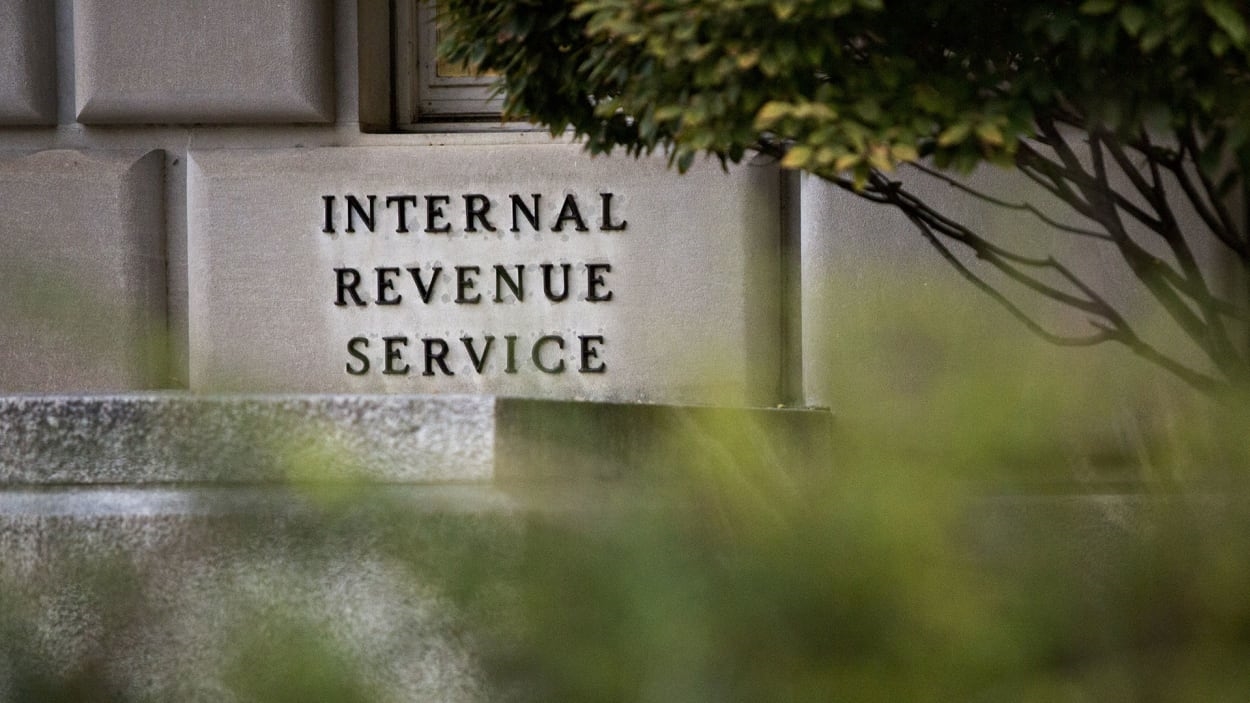Our long national nightmare may not be over yet for millions of Americans who are still waiting for the Internal Revenue Service (IRS) to process their tax returns, but at least help is on the way.
That’s the newest message from Erin Collins, the national taxpayer advocate, who outlined in a blog post on Wednesday the most urgent priorities facing the IRS as it prepares to receive its largest cash infusion in a generation. Thanks to the recently passed Inflation Reduction Act, the agency will receive $80 billion over the next 10 years, and although most of that money is going toward enforcement, the law still sets aside $3.2 billion for taxpayer services and another $4.8 billion for much-needed technical upgrades.
Collins calls the funding a “game changer,” as the IRS has been drowning in literal mountains of paper tax returns while its understaffed support team fields endless pleas from desperate taxpayers seeking answers to complex questions. Phone calls go unanswered. The IRS website never seems to work the way it’s supposed to. Everybody gets frustrated and nobody wins.
In her post—the first of two posts on the topic—Collins offers the beginnings of a detailed roadmap for how the new funding should be spent, and which of the agency’s many problems should be addressed first. Specifically, she says the IRS should do the following five things right away:

It’s important to note here that the Taxpayer Advocate Service, or TAS, doesn’t have the authority to mandate any of this, but Collins’s recommendations should nevertheless carry a good deal of weight. A few weeks ago, Treasury Secretary Janet Yellen sent a memo to Chuck Rettig, the IRS commissioner, directing him to create a specific plan for the new funding within six months. For Collins, the above issues represent the most “time-sensitive priorities,” and millions of Americans who are still waiting for a refund check from the IRS—or even a simple callback—would likely agree.
You can check out the full post here.
(7)






